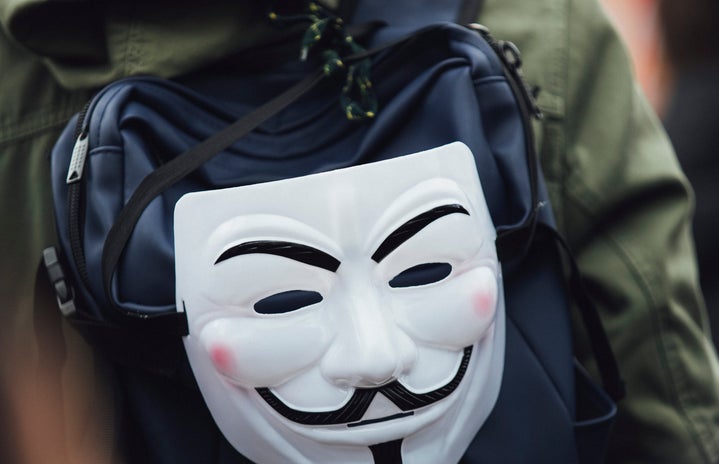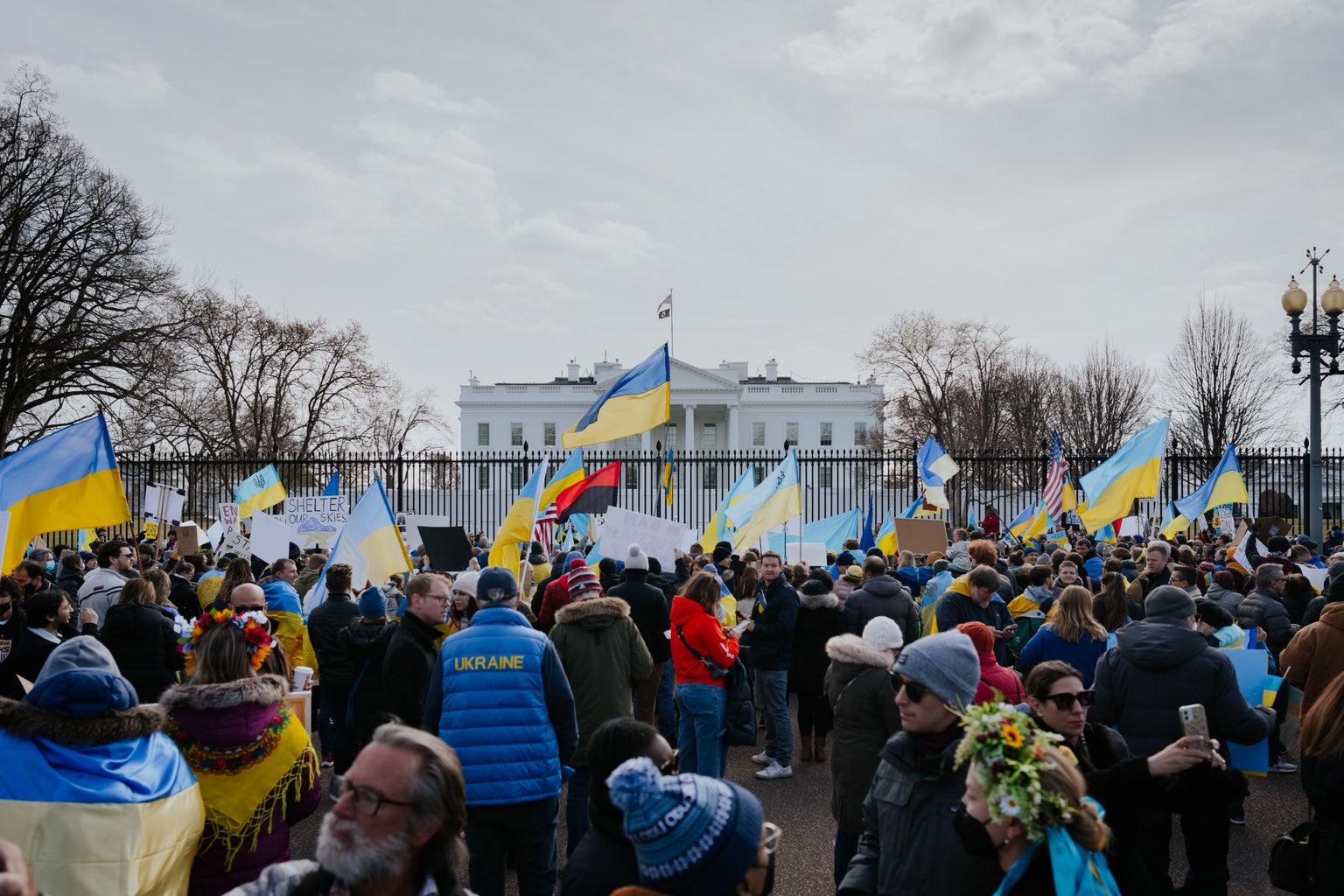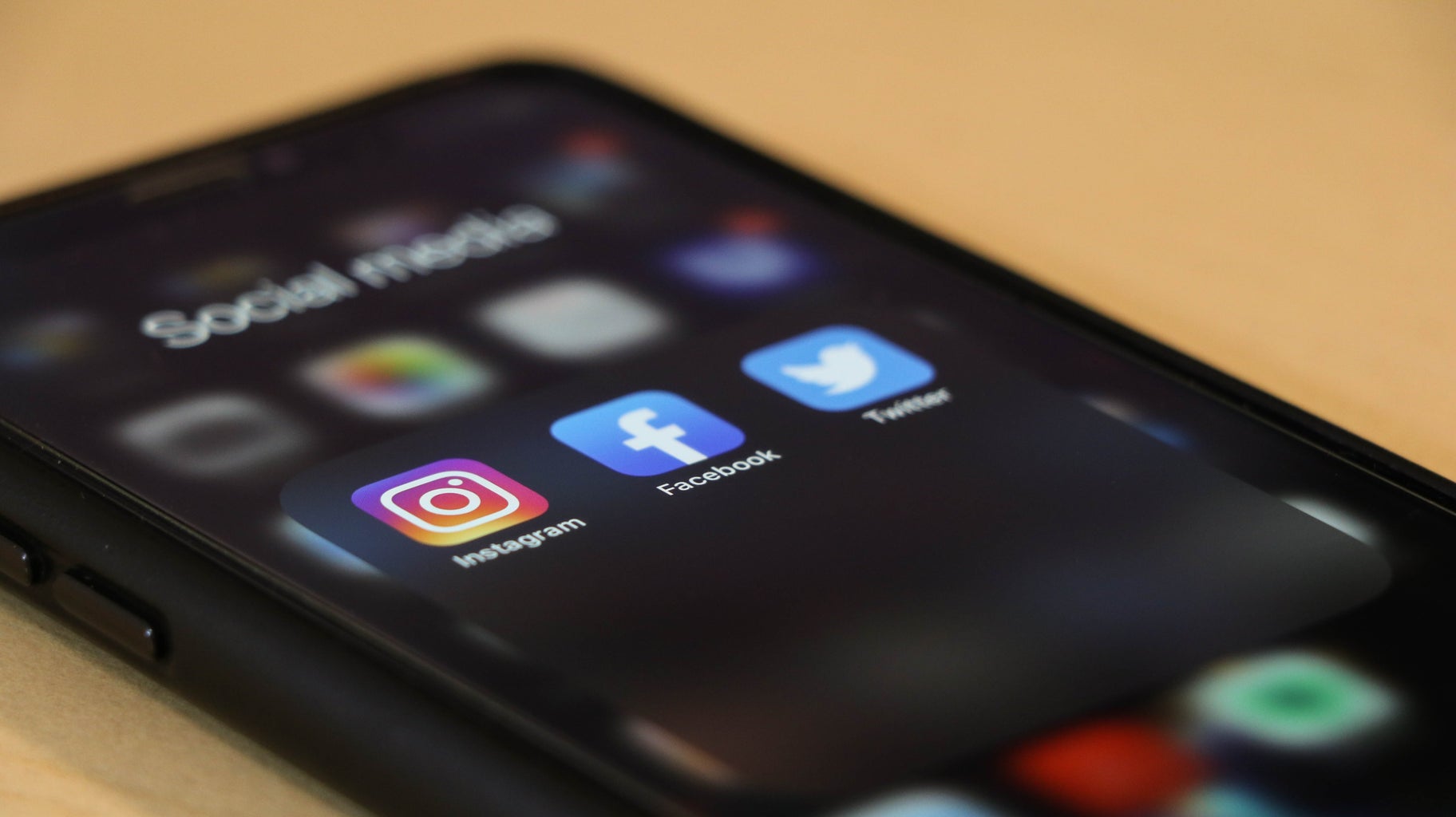Residential areas in Ukraine have been the target of ongoing airstrikes since the onset of the Russian invasion on Feb. 24. The reality of the war, however, remains hidden from many Russian citizens.
Hackers around the world who possess a political agenda, also referred to as hacktivists, are finding ways to circumvent Russian censorship and disinformation.
In an article written for the New Yorker, Masha Gessen explains that broadcast television is the primary source of news for most Russians, but it is fully controlled by the government.
“The state continues to ratchet up pressure on the few surviving independent media outlets,” wrote Gessen, “blocking access to their Web sites, requiring them to preface their content with a disclaimer that it was created by a ‘foreign agent,’ and, ultimately, forcing them to close.”
Early on Feb. 24, Russian president Vladimir Putin announced a “special military operation” in Ukraine (In Russia, the words “war,” “aggression” and “invasion” are banned when describing it). Since then, Russian television has not shown live coverage of nor acknowledged the severity of the war.
Russians are seeing “lies and hatred on a fantastical scale,” said Lev Gudkov, the director of a public-opinion-research organization called the Levada Center, in an interview with Gessen.
Russian news anchors are avoiding footage of bombings in Kharkiv, Kyiv and Lviv, creating instead an image of Ukrainians living their normal, daily lives.
According to Gessen, Russian schools hosted special classes to educate students on the events in Ukraine. Part of the script distributed by the education ministry read: “Question: Are we at war with Ukraine? Could this have been avoided? Answer: We are not at war. We are conducting a special peacekeeping mission, the goal of which is to contain the nationalists who are oppressing the Russian-speaking population.”
Based on data collected by the Levada Center, only 3% of Russians blamed their country for rising tensions with Ukraine in the days leading up to the invasion. Sixty percent blamed the United States.
In recent weeks, Russian censorship has expanded to social media networks. Facebook was blocked in early March after the company complied with EU sanctions and blocked certain Russian news outlets for promoting propaganda.
Russian regulators accused Facebook’s parent company, Meta, of engaging in discrimination and extremist activities.
Similarly, Russia fully banned Twitter on March 4, citing the need to regulate the spread of misinformation and the planning of riots, extremism and protests.
To get around these bans, Russians have been using virtual private networks (VPNs).
An article from NPR cites data from Top10VPN, a privacy monitoring service, which shows that the demand for VPNs in Russia was 2,692% higher on March 14 than it was in the week leading up to the invasion.
CNN journalist Donie O’Sullivan reported on another way of “trying to break through Putin’s digital iron curtain”: computer hacking.
A group of hacktivists in Poland, who identify as squad303, have created a program that allows people from around the world to send texts and emails to Russians to inform them about the war in Ukraine.
“We know that there are people, all around the world, who would like to do something,” said a representative of squad303, who spoke with a voice modifier and mask. “But since they can’t buy a gun and fight against Russia, we decided to let them use their smartphones instead.”
The representative identified with the generation of Radio Free Europe, which allowed countries behind the Iron Curtain access to uncensored news at the start of the Cold War.
“We all remember how hard it is to live in an enslaved country where you do not have proper information, real information about the world,” they said.
Thomas Kent, the former CEO of Radio Free Europe, told O’Sullivan that some Russians will view messages they receive from Americans as spam or an attempt at psychological warfare. But others will be grateful for the information that is difficult to obtain themselves.
A spokesperson of the U.S. State Department who spoke with O’Sullivan stressed that this type of cyber activity is illegal, and they do not condone the participation of Americans.
But the question of legality has not been a deterrent for most hackers, including the IT ARMY of Ukraine. This group uses the Telegram app to send lists of Russian websites to attack, including banking services and food delivery sites, to their 300,000 members.
When asked by O’Sullivan if it was fair to be targeting these types of services that Russian citizens depend on, an organizer of the group said the point is to show them that the war is serious.
“Many people in Russia don’t feel that the war is there, and we want them to feel that,” he said.





